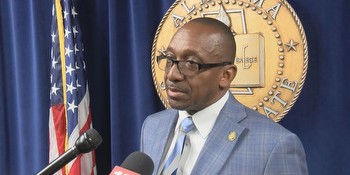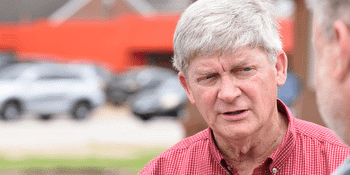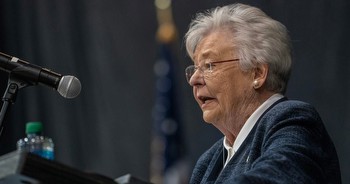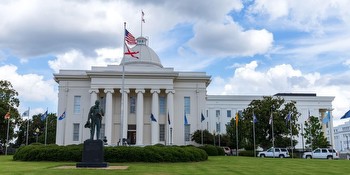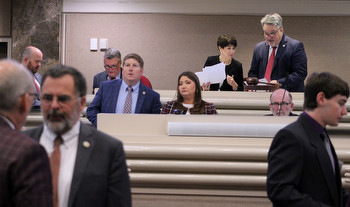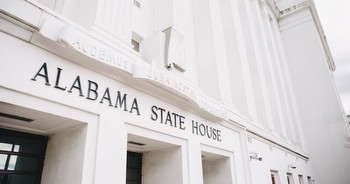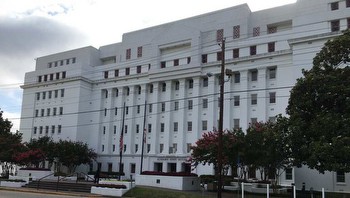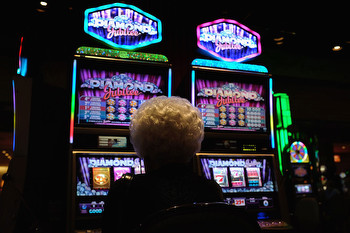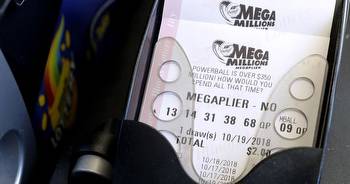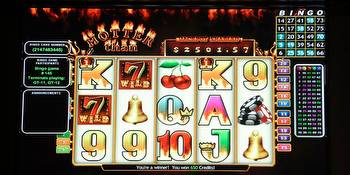Albritton on gambling 'no' vote: 'Nothing to offer PCI'
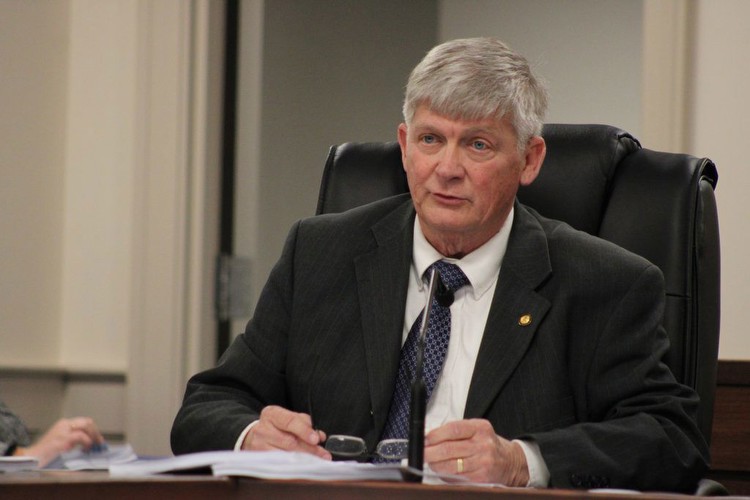
The reworked gambling proposal that would let voters decide on approving a lottery and legalizing slot machine gambling fell one vote short in the Senate Tuesday night.
While not dead for the session, the 20-15 vote is a major setback with four legislative days remaining in this session.
Among the 15 nos, most surprisingly, was Sen. Greg Albritton, R-Atmore, who is carrying the bill in the Senate, as he did previous gambling proposals. He voted to report the proposal out of the six-member conference committee earlier that day.
“I had to come to a decision on this because the rewriting of (the bill) put my constituents in a very difficult circumstance,” Albritton told Alabama Daily News Wednesday morning. The Poarch Band of Creek Indians’ reservation and offices are in Albritton’s district, as is one of its three federally-regulated casinos.
The new House Bill 151, which was approved in the House Tuesday before stalling in the Senate, would authorize a state lottery and allow “electronic games of chance” including slot machines and video poker, but not table games, at seven locations. The seven locations would be the dog tracks in Macon, Jefferson, Greene and Mobile counties, plus existing bingo halls in Lowndes, Houston and Greene counties. It also directs the governor to negotiate a compact with the Poarch Band of Creek Indians for table games.
A previous version of the bill gave PCI the option of a fourth location. The newest version was too restrictive, Albritton said.
“We put ourselves in a state position so the state had absolutely nothing to offer PCI for a compact,” he said.
“As (much as I want) to solve this problem for the state, I can’t I can’t harm my folks in my area for it.”
While the bill isn’t officially dead, moving it forward will depend on flipping at least one of Tuesday night’s no votes.
Sen. Arthur Orr, R-Decatur, voted against the proposal in March and again Tuesday. He said Wednesday the bill was too broad in the types of electronic games it would allow at locations across the state.
“It’s a shame that entrenched gambling interests still have enough power to block a clean lottery vote, coupled with enhanced enforcement and penalties to control pop-up, renegade operations around the state.”
Lottery revenue would have been dedicated to education spending. Revenue from casinos would have gone towards non-education General Fund programs such as infrastructure, mental health and rural health care. Orr said some of that second fund should be spent on education.
“I was also troubled by the very uneven split of any revenues between education and state government,” he said. “It should be divided evenly.”
All session, the gambling proposal has been a tougher sell in the Senate where members wanted a lottery, but not the expansion of other forms of gambling. Some were also troubled with rewarding existing casinos with legalized status after decades of skirting the law.
“The Alabama Senate passed legislation that would have ended illegal gambling and allowed the people to vote on a paper lottery, but nonconcurrence by the House forced the bill to conference committee,” Sen. Chris Elliott, R-Baldwin County, told ADN. “The resulting compromise vastly expanded electronic casinos throughout our state and contained significant permissive language that further grew government.
“While I have repeatedly voted for a referendum on a paper lottery, I could not support the conference committee’s expansive legislation.”







